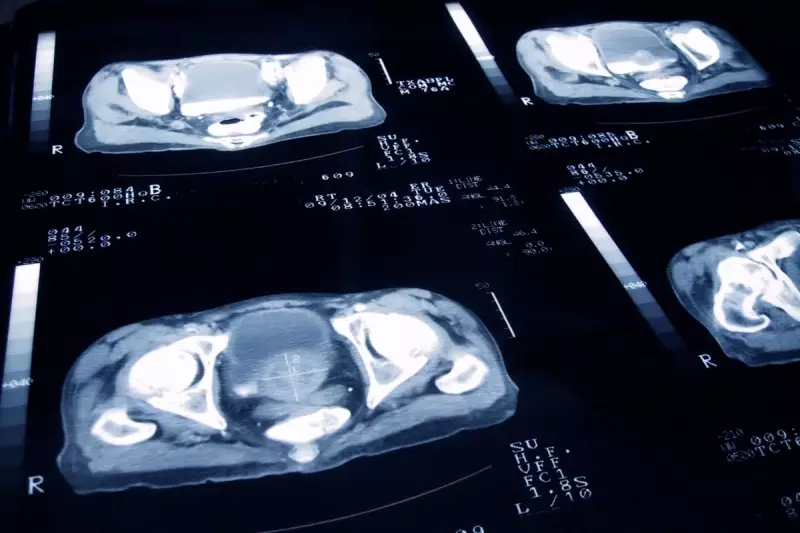
In a major medical breakthrough that could transform prostate cancer care across the National Health Service, British researchers have developed an artificial intelligence tool capable of detecting prostate cancer with remarkable accuracy.
Revolutionising Cancer Detection
The innovative AI system, created by teams at University College London and University College London Hospitals, has demonstrated an impressive 81% accuracy rate in identifying prostate cancer cases. This represents a significant advancement over current diagnostic methods that often lead to unnecessary treatments and missed diagnoses.
How the AI System Works
The technology analyses MRI scans with unprecedented precision, identifying subtle patterns and abnormalities that might escape the human eye. Unlike traditional methods that rely heavily on invasive biopsies, this AI approach offers a non-invasive alternative that could spare thousands of men from unnecessary procedures each year.
Key Advantages of the New Technology
- Higher accuracy than current diagnostic methods
- Reduced need for invasive biopsies
- Faster diagnosis and treatment planning
- Consistent analysis across different healthcare providers
Potential Impact on NHS Care
Professor Mark Emberton, the senior author of the study, emphasised the transformative potential of this development. "This could revolutionise how we diagnose prostate cancer, making the process more accurate and less stressful for patients," he stated.
The research team believes this technology could be integrated into NHS hospitals within the next few years, potentially improving outcomes for the approximately 52,000 men diagnosed with prostate cancer annually in the UK.
The Future of Cancer Diagnostics
This breakthrough represents the cutting edge of medical AI applications in the UK healthcare system. As the technology undergoes further testing and refinement, it promises to set new standards in cancer detection while reducing healthcare costs and improving patient experiences.





